Author: ACS NCCRT
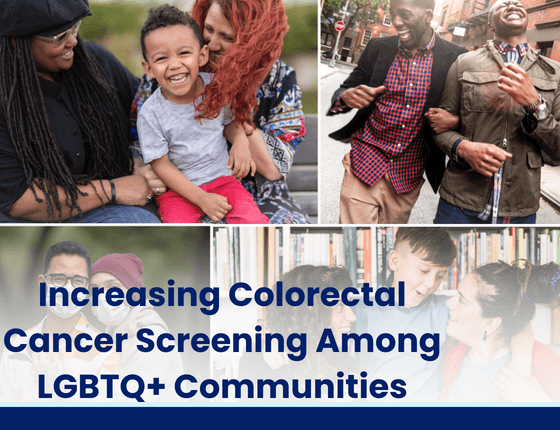
Increasing Colorectal Cancer Screening Among LGBTQ+ Communities Brief
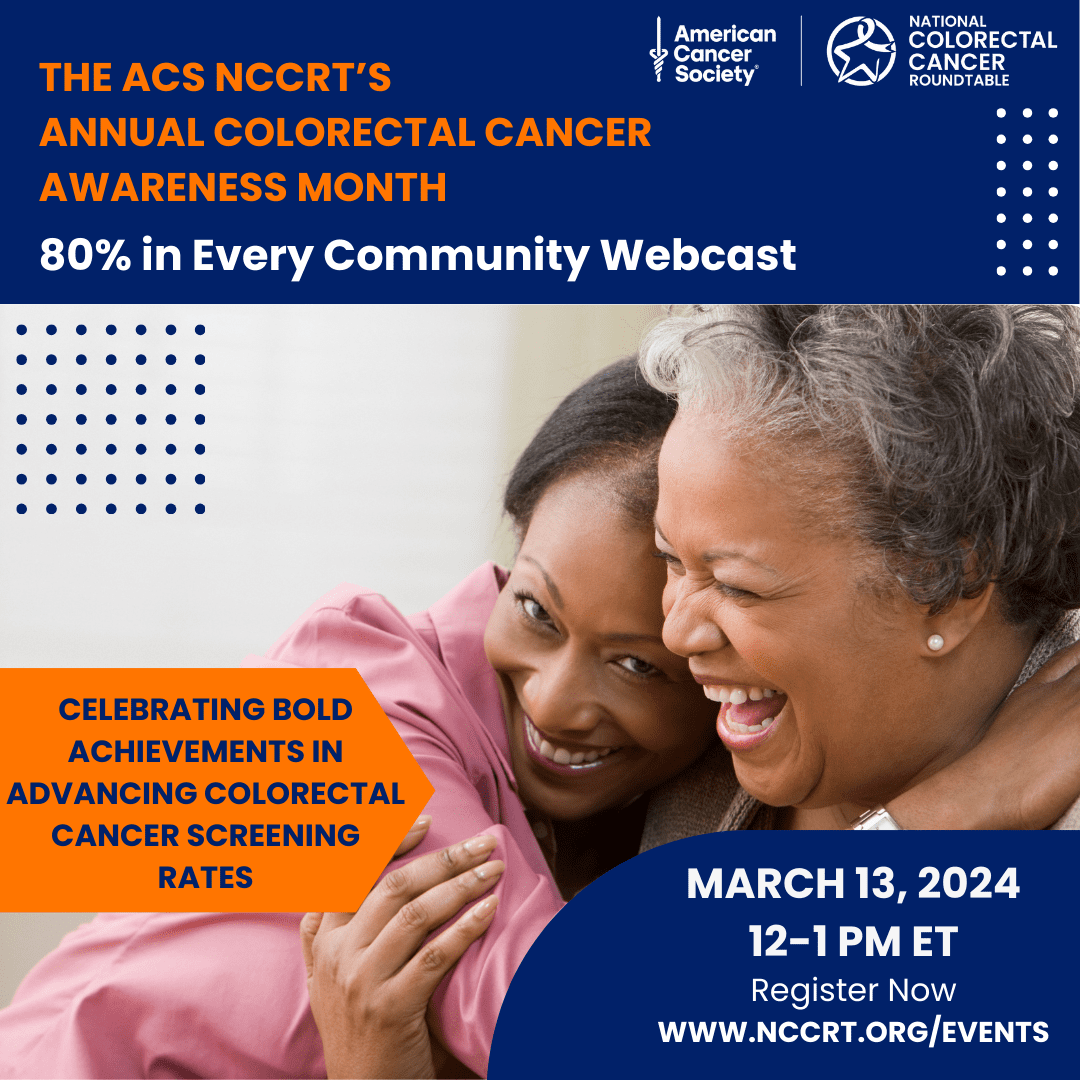
2024 National Colorectal Cancer Awareness Month Webcast

Blue Star Conversations – February 21, 2024

New Resource Webinar: Lead Time Messaging Guidebook
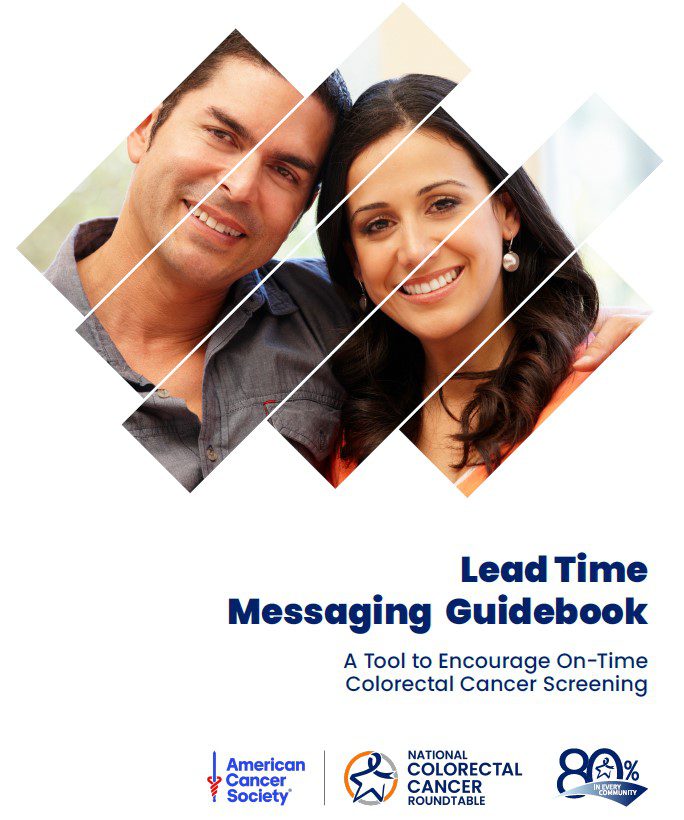
2023 Lead Time Messaging Guidebook
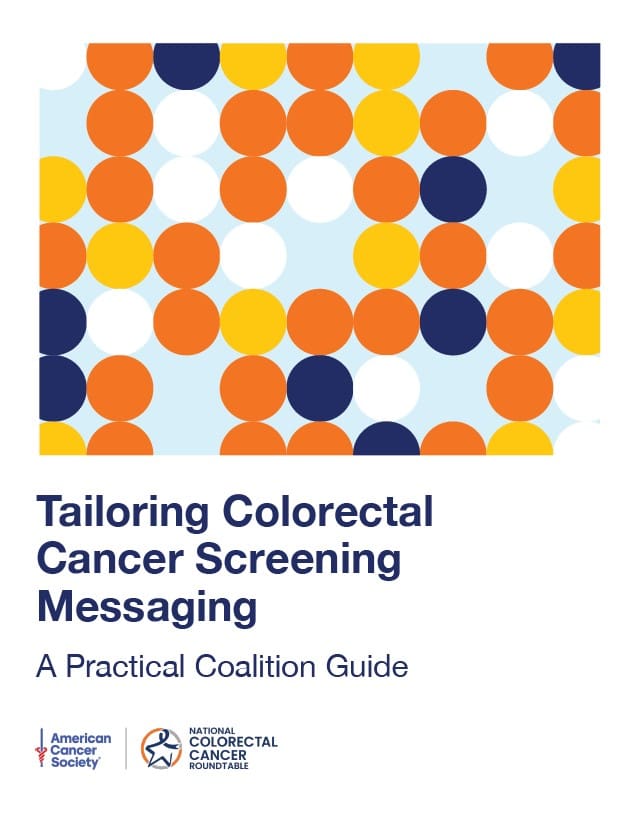
Tailoring Colorectal Cancer Screening Messaging: A Practical Coalition Guide
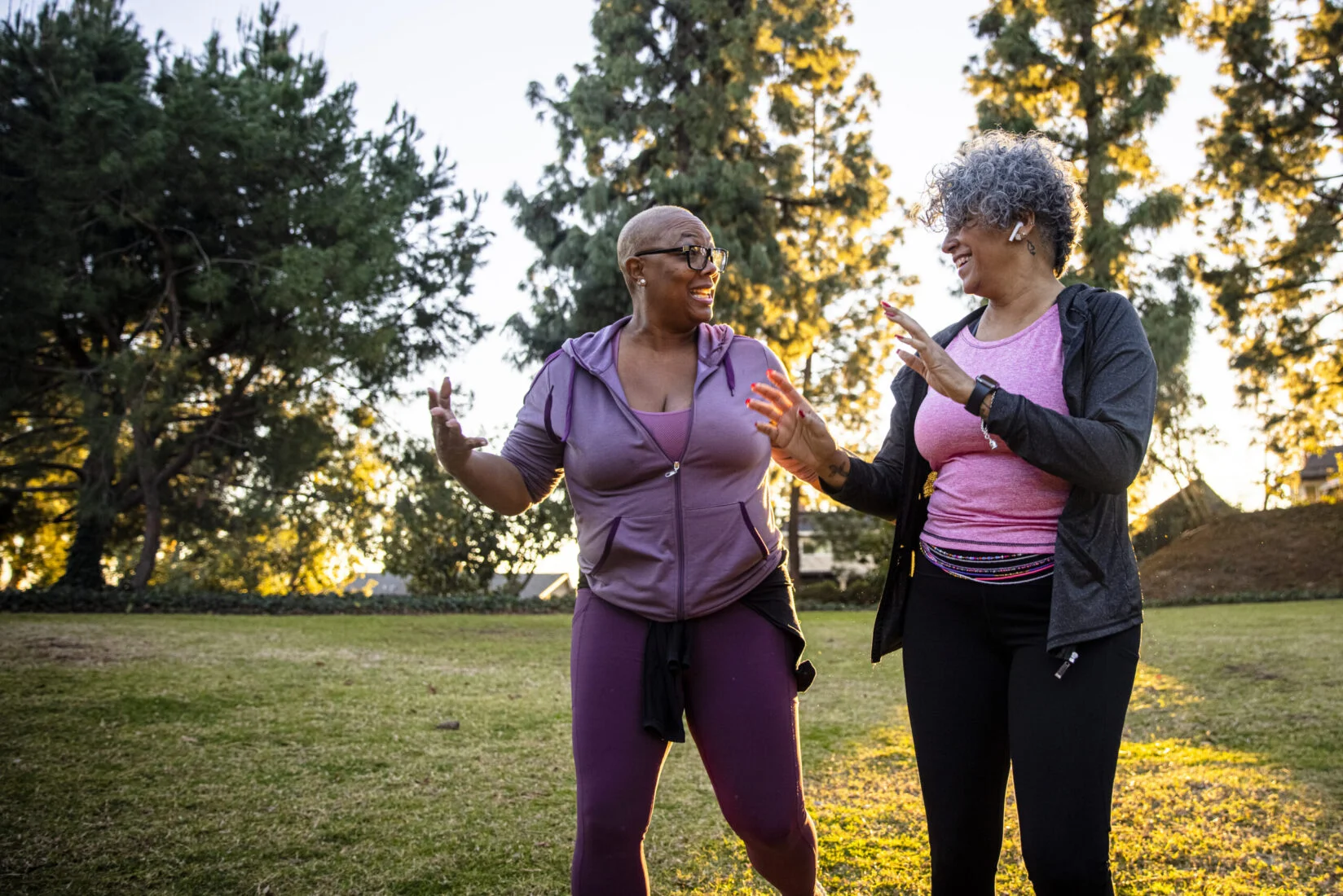
Blue Star Conversations – September 11, 2023
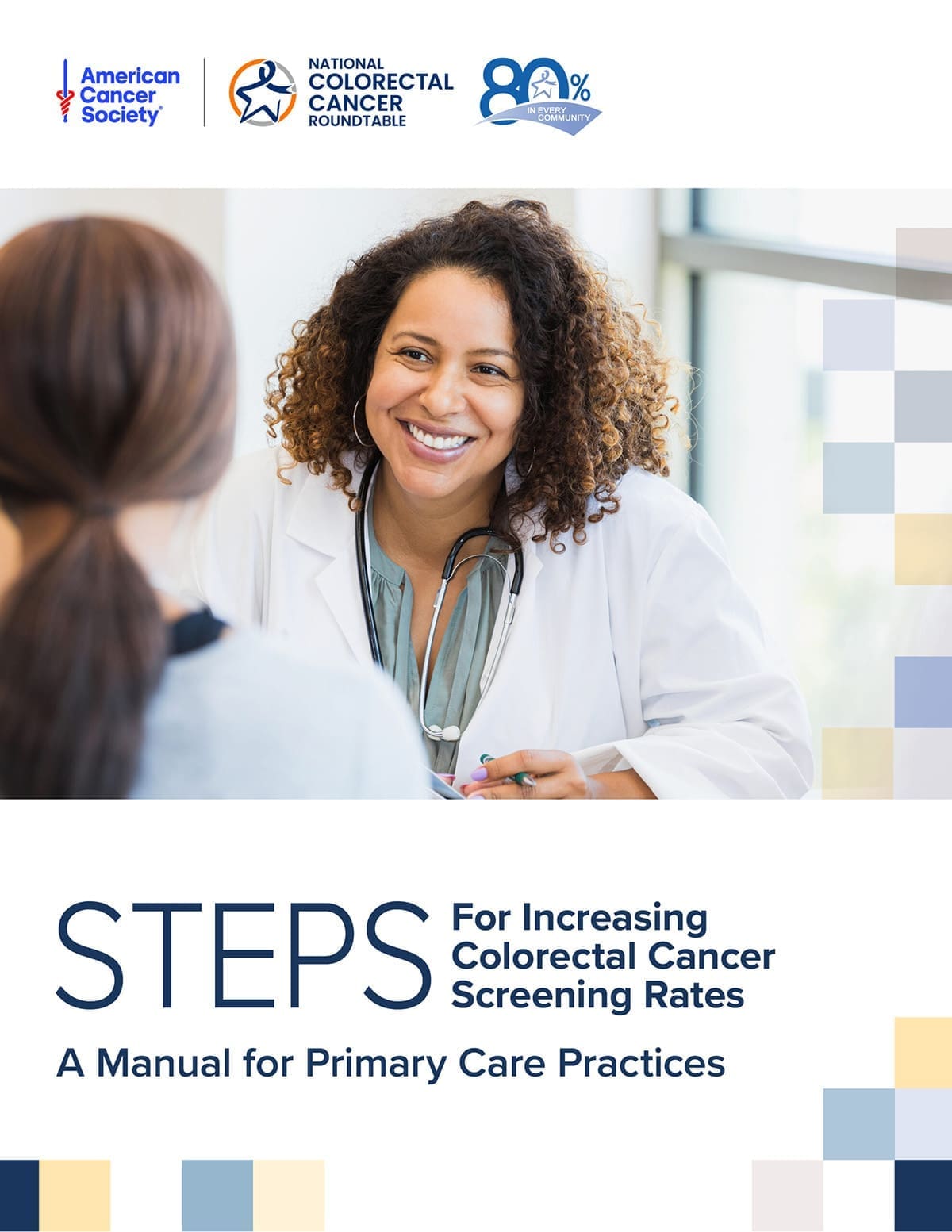
Steps for Increasing Colorectal Cancer Screening Rates: A Manual for Primary Care Practices
